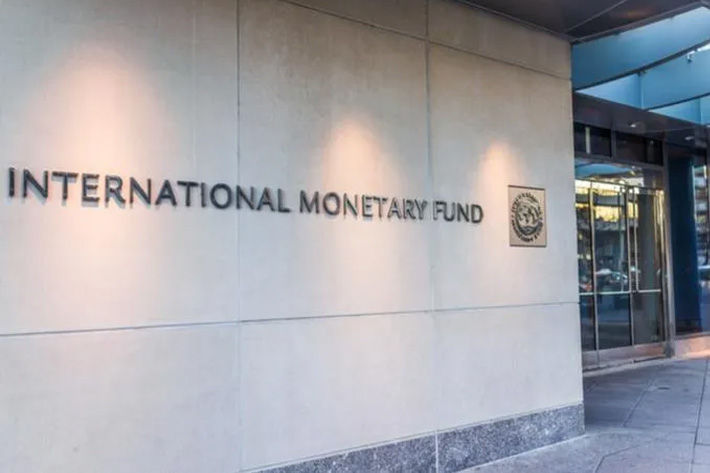
If the US economy gets hit by another negative shock, it would turn the slowdown into a short-lived recession, IMF noted in the Concluding Statement by the IMF of the 2022 Article IV Mission.
A Concluding Statement describes the preliminary findings of IMF staff at the end of an official staff visit to a country.
The expected slowing of US demand, combined with the needed tightening of global financial conditions, has significant potential to affect individuals, firms and countries that are leveraged in US dollars and that face sizable near-term funding needs, it said.
The US economy has staged a strong recovery from the COVID-19 shock and the positive effects of unprecedented policy stimulus, combined with the advantages of a highly flexible economy, have been clear, said IMF.
The unemployment rate and other measures of labour force under-utilisation have returned to end-2019 levels and output is close to its pre-pandemic trend.
Rapid wage increases for lower income workers have reduced income polarisation, poverty fell to 9.1 per cent in 2020 (from 11.8 per cent in 2019), and there were even larger reductions in poverty for female-headed households, children, African Americans and Hispanics, IMF noted.
A total of 8.5 million jobs have been created since the end of 2020. There has, however, been a relatively slow recovery of labour force participation and there are important concerns around the potential longer run effects of the pandemic on education outcomes and productivity.
Over the past two years, US financial institutions and corporates have been resilient, albeit with the aid of significant policy support. Stress tests show the banks to be very liquid and highly capitalised.
The 2021 external position remains moderately weaker than the level implied by medium-term fundamentals and desirable policies. The current account deficit has risen over the past two years as the composition of consumer demand shifted away from services to tradeable goods, a huge fiscal stimulus was put in place, and the United States recovered faster than trading partners, IMF noted.
Supply chain constraints proved more persistent than expected and there are new concerns linked to the Russian invasion of Ukraine and Chinese lockdowns. Most saliently, though, a broad-based surge in inflation—that was viewed as the leading economic risk at the time of the 2021 Article IV—has become a reality, posing systemic risks to both the US and the global economy, IMF said.
After more than a decade of below-target inflation, the rapid depletion of slack, rising energy prices, and ongoing global supply disruptions have led to a significant acceleration in inflation.
More determined action is needed to achieve the administration’s climate goals and to facilitate a smooth, speedy transition to a low carbon economy, IMF noted.
In the absence of legislative approval of the climate provisions in the Build Back Better plan, the current reliance on regulatory and executive actions appears insufficient to incentivise the transition to a low carbon economic model, it said.
A significant shift in market incentives will be required and this could be achieved most effectively by a broad-based pricing of carbon and other pollutants, sectoral feebates, regulatory restraints on emissions, the elimination of subsidies for fossil fuels and carbon-intensive agriculture, subsidies to incentivise the development of new technologies, and a reprioritisation of public spending toward mitigation and adaptation goals, it added.
Fibre2Fashion News Desk (DS)